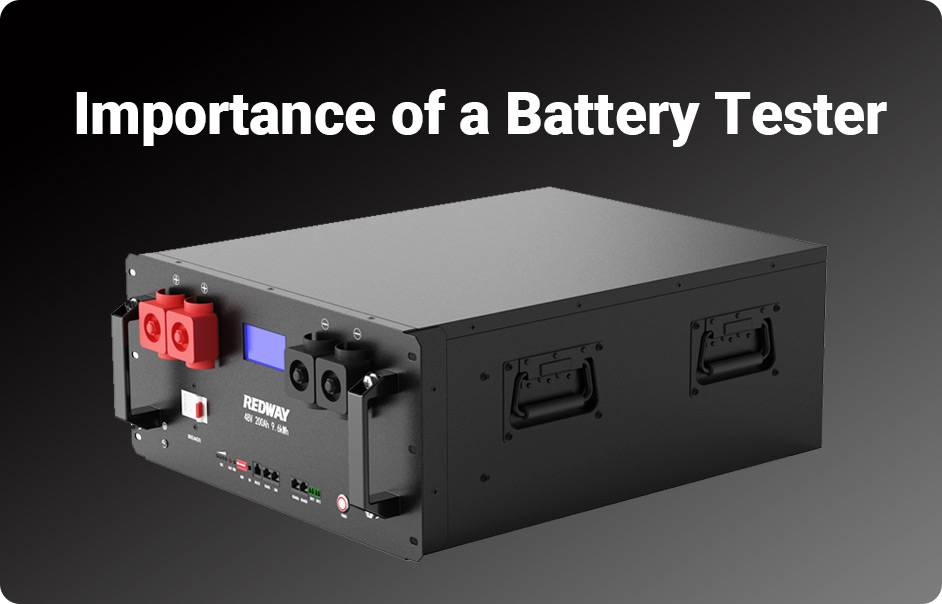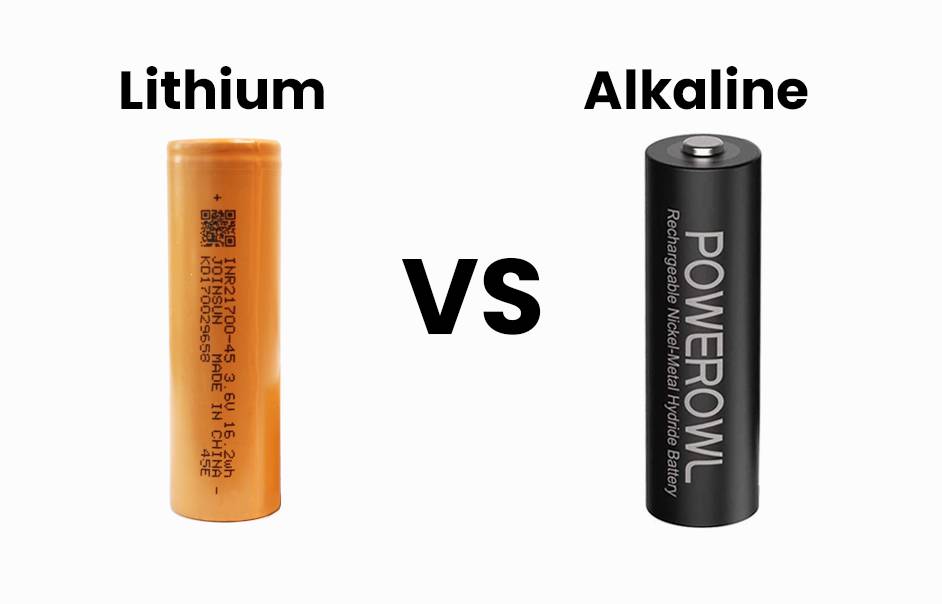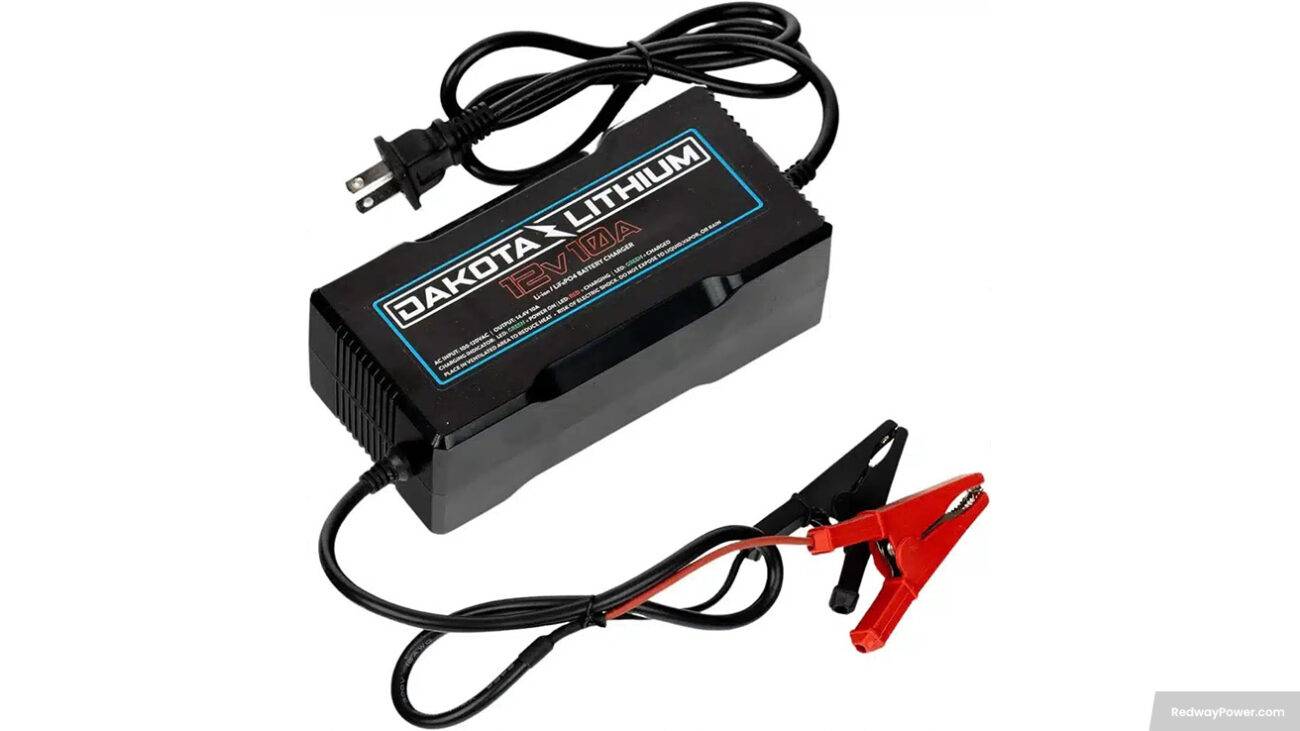In a world reliant on portable electronic devices, lithium batteries play a crucial role. Ensuring their efficiency is where lithium battery testers shine. This guide explores the significance of these tools, helping you check and optimize your battery’s health. From smartphones to electric vehicles, discover how to unlock the secrets of optimal battery performance with a lithium battery tester. Let’s dive in!
Importance of a Battery Tester
In the realm of lithium batteries, ensuring their reliability is paramount, and a battery tester proves indispensable for this task. This tool not only accurately gauges battery health and capacity but also plays a pivotal role in extending lifespan, enhancing safety, and providing valuable data for informed decision-making.

- Lifespan Extension: Regularly using a battery tester allows for early identification of issues in lithium batteries, leading to preventive measures. This proactive approach not only saves costs by avoiding unnecessary replacements but also contributes to reducing environmental waste.
- Enhanced Safety: Lithium batteries carry risks of overheating or catching fire if damaged or improperly charged. A battery tester aids in detecting potential problems promptly, significantly minimizing the risk of accidents and ensuring a safer usage experience.
- Data Insights: Battery testers offer valuable data on state-of-charge, state-of-health, and internal resistance of lithium batteries. This information empowers users to make informed decisions regarding usage, maintenance, and optimization in various applications, from electric vehicles to medical devices.
- Optimized Resource Planning: Access to accurate battery test results facilitates better planning for power needs across diverse applications like electric vehicles, renewable energy systems, and medical devices. This knowledge enables the efficient optimization of resources, ensuring effective utilization.
Investing in a reliable lithium battery tester is an investment in peace of mind. Knowing that batteries are functioning optimally and maximizing their lifespan makes this tool indispensable for anyone relying on these potent energy sources.
Types of Lithium Battery Testers
When it comes to assessing the performance of lithium batteries, various testers are available, each offering unique features to cater to diverse needs. Understanding the types of lithium battery testers ensures you can make an informed choice based on your specific requirements.
- Internal Resistance Testers: These testers gauge a battery’s internal resistance, a critical factor for determining overall health and capacity. By assessing resistance, you gain insights into the battery’s condition and its ability to store energy effectively.
- Capacity Testers: Specifically designed to determine a lithium battery’s charge-holding capacity under defined conditions. They provide valuable information about actual capacity versus the rated capacity, aiding in the identification of degradation or discrepancies.
- Voltage Meters: Simple yet effective tools that measure the voltage output of lithium batteries. They offer a quick way to inspect whether a battery is adequately charged or discharged, providing a basic but essential parameter for battery health.
- Cycle Life Testers: These testers focus on evaluating the number of charging cycles a lithium battery can endure before significant degradation occurs. This information is crucial for estimating lifespan and overall reliability.
- Impedance Spectroscopy Analyzers: Advanced devices utilizing impedance spectroscopy techniques to analyze frequency responses within a lithium battery’s electrochemical system. They offer detailed insights into state-of-health indicators, including aging effects and electrode interfaces.
Armed with knowledge about these diverse types of lithium battery testers, you can confidently choose the one that aligns with your specific needs. Select wisely to ensure effective monitoring and maintenance of your lithium batteries!
What to Look for in a Lithium Battery Tester
When selecting a lithium battery tester, several crucial factors should guide your decision-making process. Here are key considerations to keep in mind:

- Compatibility: Ensure the tester is compatible with the specific type of lithium batteries you’re working with. Different batteries have varying voltage ranges and chemistries, necessitating a tester that can accurately measure and analyze these parameters.
- Accuracy: Prioritize a tester that provides precise readings to assess battery health and performance. Look for devices with high-resolution displays and advanced measurement capabilities to ensure accurate and reliable results.
- Ease of Use: Opt for an intuitive and user-friendly lithium battery tester. The device should allow quick navigation through menus, easy selection of test parameters, and hassle-free result viewing, enhancing overall user experience.
- Durability: Considering battery testing often involves fieldwork or workshop environments, choose a tester that can withstand rough handling and accidental drops. A durable device ensures longevity and reliable performance in various conditions.
- Additional Features: Explore testers with extra features like data logging capabilities or software integration for in-depth analysis. These additional functionalities can enhance the overall utility of the tester.
- Cost-Effectiveness: While cost is a factor, prioritize quality over the temptation of the cheapest option. Investing in a reliable battery tester may save money in the long run by prolonging battery life and preventing unnecessary replacements.
Keep these considerations in mind to make an informed decision and ensure the efficiency and longevity of your lithium batteries.
How to Use a Lithium Battery Tester
Ensuring optimal performance and longevity of your lithium batteries requires using a battery tester correctly. Here’s a simplified step-by-step process:
- Prepare a Charged Battery: Start with a fully charged battery to ensure accurate results during testing.
- Insert Battery Securely: Insert the battery into the appropriate slot on the tester, ensuring it is securely in place.
- Turn On and Calibrate: Turn on the tester and wait for it to calibrate, a process that takes a few seconds but is crucial for accurate readings.
- Review Display Readings: After calibration, observe the display screen showing voltage levels, remaining capacity, and other metrics specific to your lithium battery tester model.
- Compare Readings: Take note of the readings and compare them with manufacturer specifications or known good batteries to assess the battery’s health and potential replacement needs.
- Refer to User Manual: Different testers may have varied interfaces, so consulting the user manual is recommended for precise instructions tailored to your device.
Regularly using a lithium battery tester and monitoring battery health helps prevent unexpected failures or accidents, saving both time and money in potential replacement costs. Keep your batteries in optimal condition with this simple testing routine!
Top 5 Lithium Battery Testers and Manufacturers in 2024
Navigating through numerous lithium battery tester options can be overwhelming. Simplify your decision-making with our top 5 picks:
- Universal Button Battery Tester: Compact and user-friendly, this device offers an intuitive interface and accurate readings for voltage, capacity, and internal resistance.
- 18650 Lithium Battery Tester: Ideal for professionals, it boasts advanced algorithms and high-precision measurements, with multiple testing modes for various battery types.
- Electronic Device Battery Tester: Versatile for both beginners and experts, this tester not only measures voltage and capacity but also diagnoses battery issues like overcharging or undercharging.
- FNIRSI-FNB48P USB Battery Tester: A portable handheld tester with a clear LCD display, perfect for simplicity seekers, providing essential information like voltage levels and remaining capacity at a glance.
- Button Cell Battery Capacity Voltage Checker: Innovative with Bluetooth connectivity and a smartphone app, it allows remote monitoring of battery status and alerts for timely attention.
Choose from our top 5 list based on your specific requirements, ensuring you have a reliable tool to keep your lithium batteries running smoothly!
Maintenance and Care for Lithium Batteries and Testers
Ensuring the longevity and optimal performance of your lithium batteries and testers requires proper care. Here are essential tips to follow:

- Storage: Store lithium batteries in a cool, dry place away from direct sunlight and extreme temperatures to prevent degradation.
- Charging: Adhere to manufacturer instructions for charging, avoiding overcharging or undercharging. Use compatible chargers designed for lithium batteries.
- Cleaning: Regularly inspect battery terminals for dirt or corrosion and clean gently with a soft cloth and a mild water-vinegar solution.
- Handling: Handle lithium batteries with care to prevent physical damage or short circuits. Avoid dropping or subjecting them to excessive force.
- Testing Equipment: Treat your battery tester with care, keeping it clean by removing dust or debris regularly.
By incorporating these simple maintenance practices, you can ensure the longevity and reliability of both your lithium batteries and testers for years to come!
Conclusion
Explore the world of lithium batteries and their essential companion – the battery tester. This guide covers various tester types, key selection criteria, and step-by-step usage instructions to enhance battery lifespan. Uncover our top 5 lithium battery tester picks, prioritizing performance, accuracy, and durability. Regular maintenance tips for batteries and testers ensure efficiency and safety. Invest wisely in a high-quality lithium battery tester for optimal power control.













